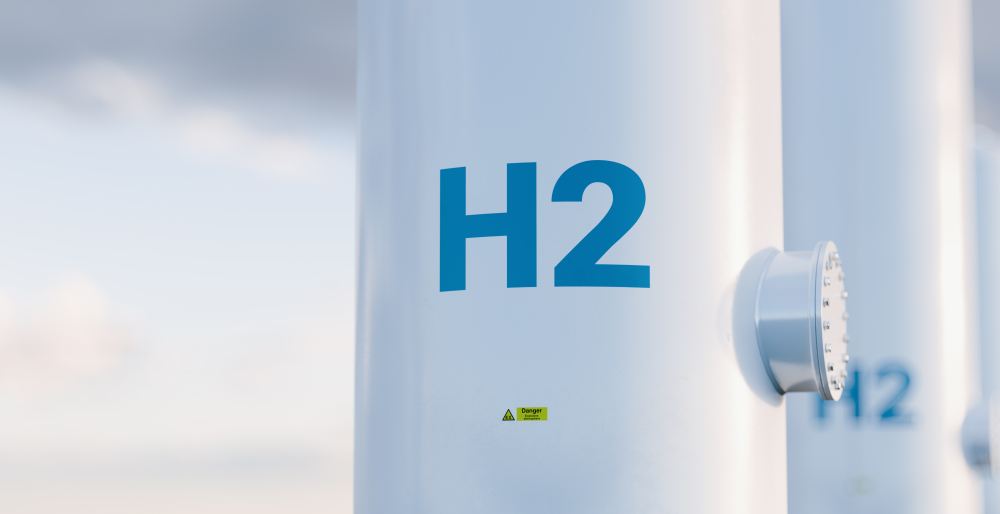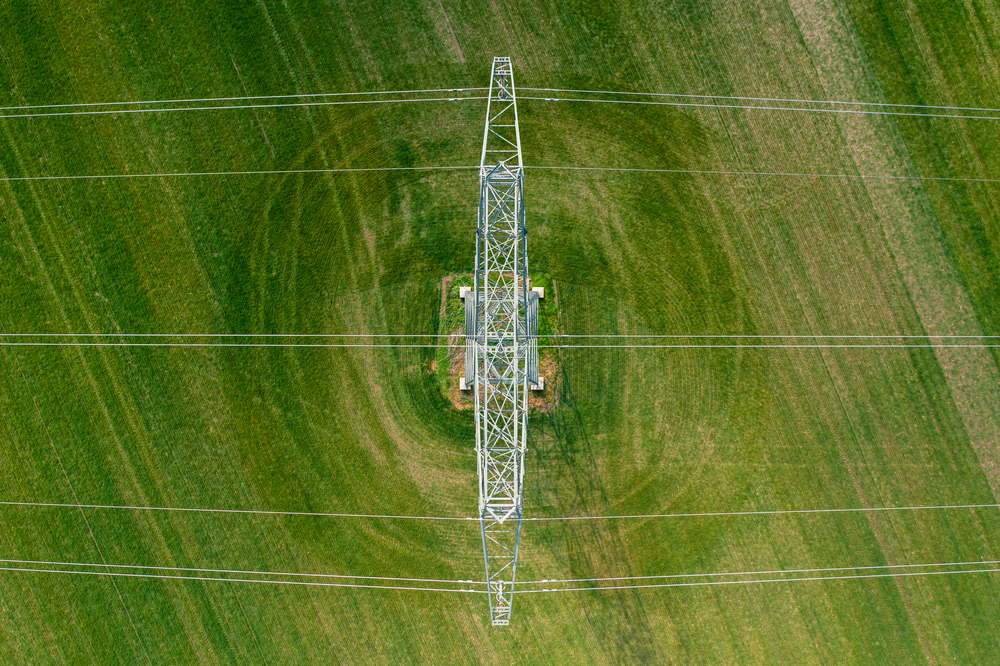Changed regulations applicable to METÁR tender: new challenges for developers, investors

The regulation of Decree 62/2016. (XII. 28) of the Ministry of National Development applicable to renewable energy subsidy schemes has changed from March 2021. Several technical but significant changes have been introduced, especially in the regulation of the Evaluation Committee, according to law firm Baker McKenzie.
At the Hungarian Energy and Public Utility Regulatory Authority's (HEPURA) request, the Minister of Innovation and Technology is entitled to determine the essential elements of the METÁR tender. The new regulation supplemented the exemplary enumeration of the essential elements that the minister must determine in the tender documentation with the following:
Tender categories based on nominal capacity
The tender shall specify the categories of applications according to their nominal capacity and the rules applicable to the classification of applicants into the individual categories according to their nominal capacity.
Accordingly, separate tender rules will be applicable to applications with different nominal capacities, and so the applications will compete with each other within their capacity categories only. The law does not specify how the available subsidy frame will be divided between the different categories. However, it specifies how the subsidies shall be calculated as well as the maximum amount of the new subsidy that can be allocated among the applicants. In 2021 and in the following five years, this amount is HUF 2.5 billion.
Subsidy threshold per beneficial owner of the applicants
The tender will set the maximum amount of subsidy in the individual categories that can be awarded by the applicants with the same beneficial owner (as specified in the Hungarian Anti-Money Laundry Act).
In light of this new limitation, it may be worth considering how to set up the corporate structure of the applicants in case the applicant SPV(s) are established by a joint venture cooperation.
Restrictions applicable to the planned location of power plants
The tender will specify the nature of the land use, the cultivation of the land, the classification of the land under quality classes, and the tender category according to the value of the golden crown that may serve as the planned location for the power plants to be developed under the METAR subsidy scheme.
According to Hungarian statutes, the categories of cultivation of the lands used for agricultural and forestry purposes can be labeled as tillage, meadow, pasture, vineyard, garden, orchard, reed bank, forest, woodland or fish pond, while there are lands removed from agricultural and forestry utilization.
The value of the golden crown is a land classification indicator that shows the net income (productivity, location and cultivability) of one unit of the land. In accordance with this net income, the minister determines the categories of applications.
The assumed purpose of these new criteria is to protect valuable lands that are good for agricultural production. Nevertheless, this may make investors' and applicants' tasks to prepare the projects in advance harder, as they do not know prior to the publication of the tender which lands will be excluded from the tender scheme while the investor should practically find the planned location of the project in advance.
The terms and conditions of exclusion grounds applicable to the applicant tenderers have been expanded. From now on, the application shall be excluded if it turns out that any statement made in the application is false. Prior to the new regulation, the statute precisely defined which false statements made in accordance with regulation may lead to the applicant's exclusion, and only those facts that were determined in the regulation were monitored (e.g., more than one year due public debts, crime, breach of publicly awarded contract, provision of false data in the application for state subsidy, etc.). As of the effective date of the new regulation, every statement made by the applicant that is proven to be false may lead to exclusion.
The Evaluation Committee
The regulation amended the reasons for terminating the membership of the Evaluation Committee. The membership or alternate membership of the Evaluation Committee is terminated if (a) the Evaluation Committee has ceased, (b) the director of the Evaluation Committee withdraws the mandate of the member or alternate member in accordance with a conflict of interests as a result of a proposal of a person who is entitled to appoint them, (c) the member or alternate member resigns or (d) the member or alternate member dies. In this case, the new element in the regulation of the termination of a membership is the death of the member or alternate member.
Despite the expansion of the reasons for terminating membership, the responsibilities of the Evaluation Committee have also been broadened. The Evaluation Committee (a) performs an inspection of the completeness of the application and calls for correction, and records those in the protocol, (b) evaluates the applications and records the results, and (c) makes a summary evaluation in every tender category in which the order of the application is determined in accordance with the offered price.
An amendment has been made in connection with the inspection of the formal appropriateness of the submitted application. Prior to the amendment, the legislator determined 45 days for this inspection, but the deadline is 45 workdays from now on, while the final decision must be made in 30 days not in 20 days.
SUPPORT THE BUDAPEST BUSINESS JOURNAL
Producing journalism that is worthy of the name is a costly business. For 27 years, the publishers, editors and reporters of the Budapest Business Journal have striven to bring you business news that works, information that you can trust, that is factual, accurate and presented without fear or favor.
Newspaper organizations across the globe have struggled to find a business model that allows them to continue to excel, without compromising their ability to perform. Most recently, some have experimented with the idea of involving their most important stakeholders, their readers.
We would like to offer that same opportunity to our readers. We would like to invite you to help us deliver the quality business journalism you require. Hit our Support the BBJ button and you can choose the how much and how often you send us your contributions.










